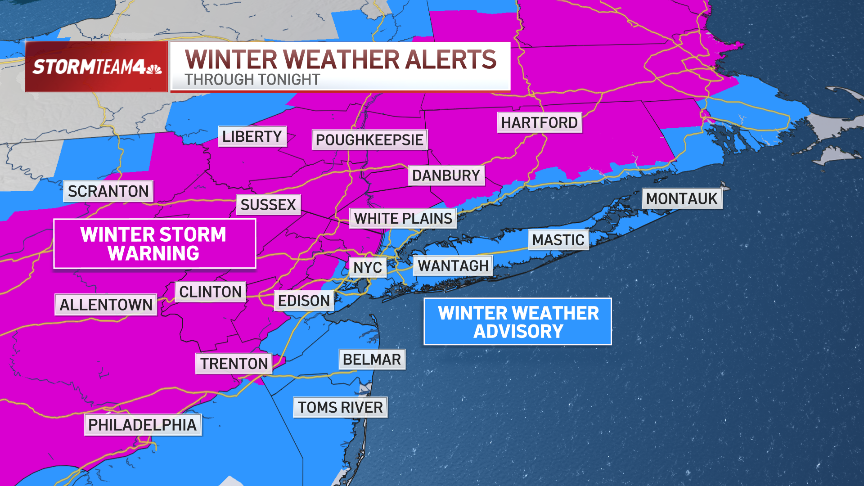It’s mosquito season again! Here are some things to know about the most common mosquito-borne disease and how to protect yourself.
A mosquito sample from Long Island has tested positive for Eastern equine encephalitis (EEE) as concern about the virus has grown, especially after an otherwise-healthy 41-year-old man died as a result of it recently.
The New York State Department of Health informed officials in Suffolk County that a mosquito sample collected on Aug. 28 in the Connetquot River State Park Preserve in Oakdale tested positive for EEE, officials said Friday.
There have been no human cases of EEE reported in Suffolk County thus far in 2024, health officials said.
“We don’t want people to be alarmed but rather informed,” said Suffolk County Health Commissioner Dr. Gregson Pigott. “We will be treating the park for mosquitoes this weekend, and we encourage residents to continue to take precautions to avoid being bitten by mosquitoes.”
Get Tri-state area news delivered to your inbox. Sign up for NBC New York's News Headlines newsletter.
There were also 18 mosquito samples that tested positive for West Nile virus collected around the same time, according to officials. Those were found in Northport, Dix hills, Lindenhurst, West Babylon, Cold Spring Harbor, Bay Shore, Sayville, Fire Island, Watch Hill, Rocky Point, Port Jefferson Station, Bay Shore, Oakdale, Nesconset and Setauket.
As of Sept. 6, there had been 215 mosquito samples and five birds that have been found to have West Nile virus, Suffolk County health officials said. Seven people have been confirmed to be infected with West Nile virus in the county, each of whom was recovering.
EEE cases have been reported in 2024 in New Hampshire, Massachusetts, Vermont, Wisconsin and New Jersey.
News
So far in 2024, at least five human cases of eastern equine encephalitis have been confirmed in the U.S. All five were the more severe (neuroinvasive) form of the disease, according to the latest data from the U.S. Centers for Disease Control and Prevention (CDC).
At this time, the case count is on par with previous years. Only a handful of cases are reported in the U.S. annually.
The CDC recommends people take the following steps:
- Use an EPA-registered insect repellent
- Wear pants and long sleeve shirts outdoors
- Limit activity outdoors from dusk to dawn, when mosquitoes are most active
What to know about EEE (Eastern equine encephalitis)
Most people infected with eastern equine encephalitis don't develop symptoms, but some can come down with fever or swelling of the brain and about one third of people infected die.
There have been three cases of eastern equine encephalitis in the U.S. this year, according to the U.S. Centers for Disease Control and Prevention, one each in Massachusetts, New Jersey and Vermont.
The worst year for the disease was 2019, with 38 cases. It is caused by a virus and is not very common around the world. The virus typically spreads in certain swamps, including red maple and white cedar swamps in Massachusetts.
Can EEE be deadly?
While it is a rare illness, EEE can be deadly. According to the CDC, about 30% of people who become infected can die as a result.
A healthy 41-year-old man in New Hampshire died after contracting eastern equine encephalitis. The man tested positive for the virus known as EEE and was hospitalized with severe central nervous system disease, the New Hampshire Department of Health and Human Services said in late August.
The man was healthy and had no underlying medical conditions, his family told affiliate NBC Boston. However, Perry's disease progressed rapidly, and he went to the hospital on Aug. 12. He died one week later at Massachusetts General Hospital on Aug. 19, 2024, according to his obituary.



